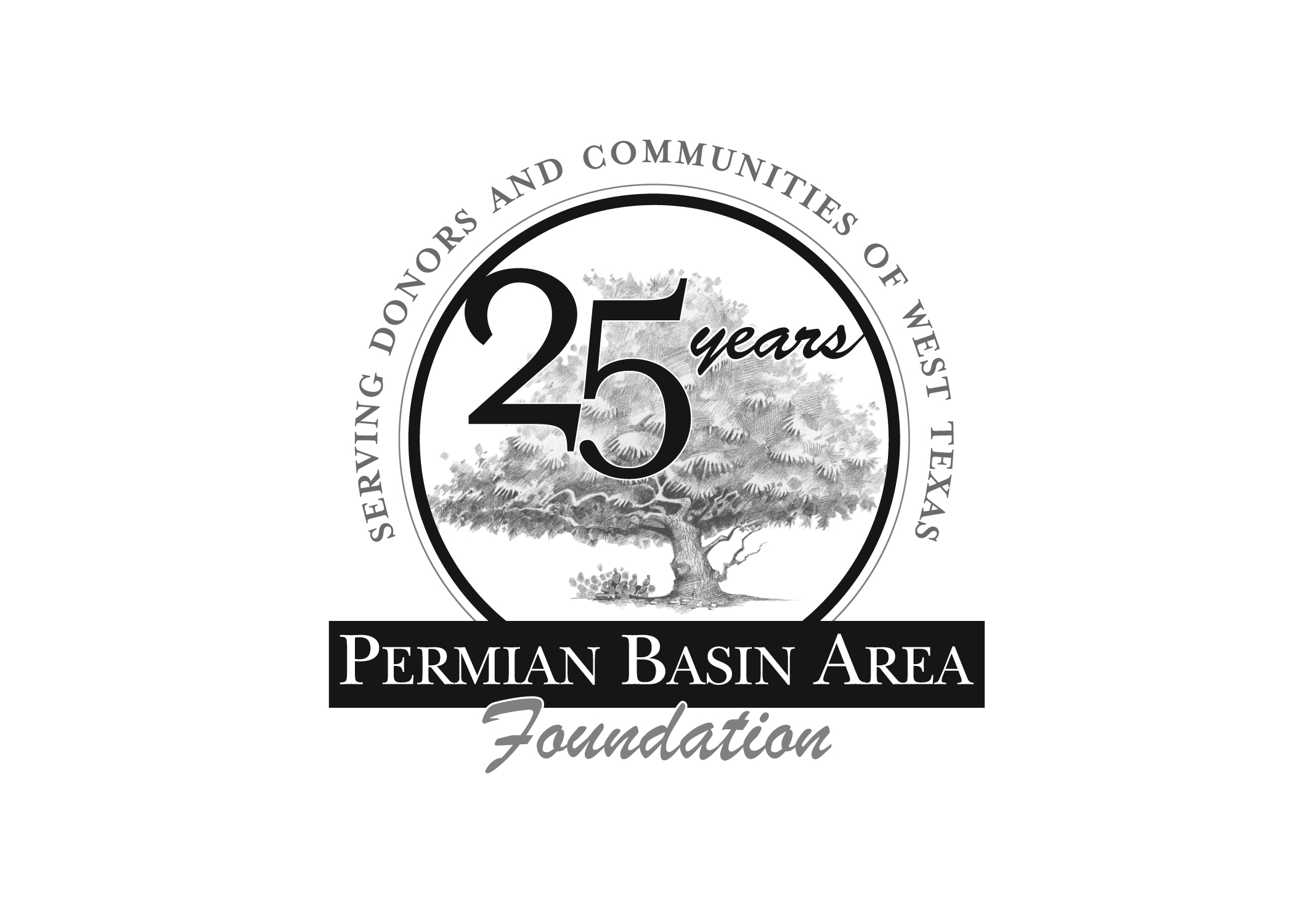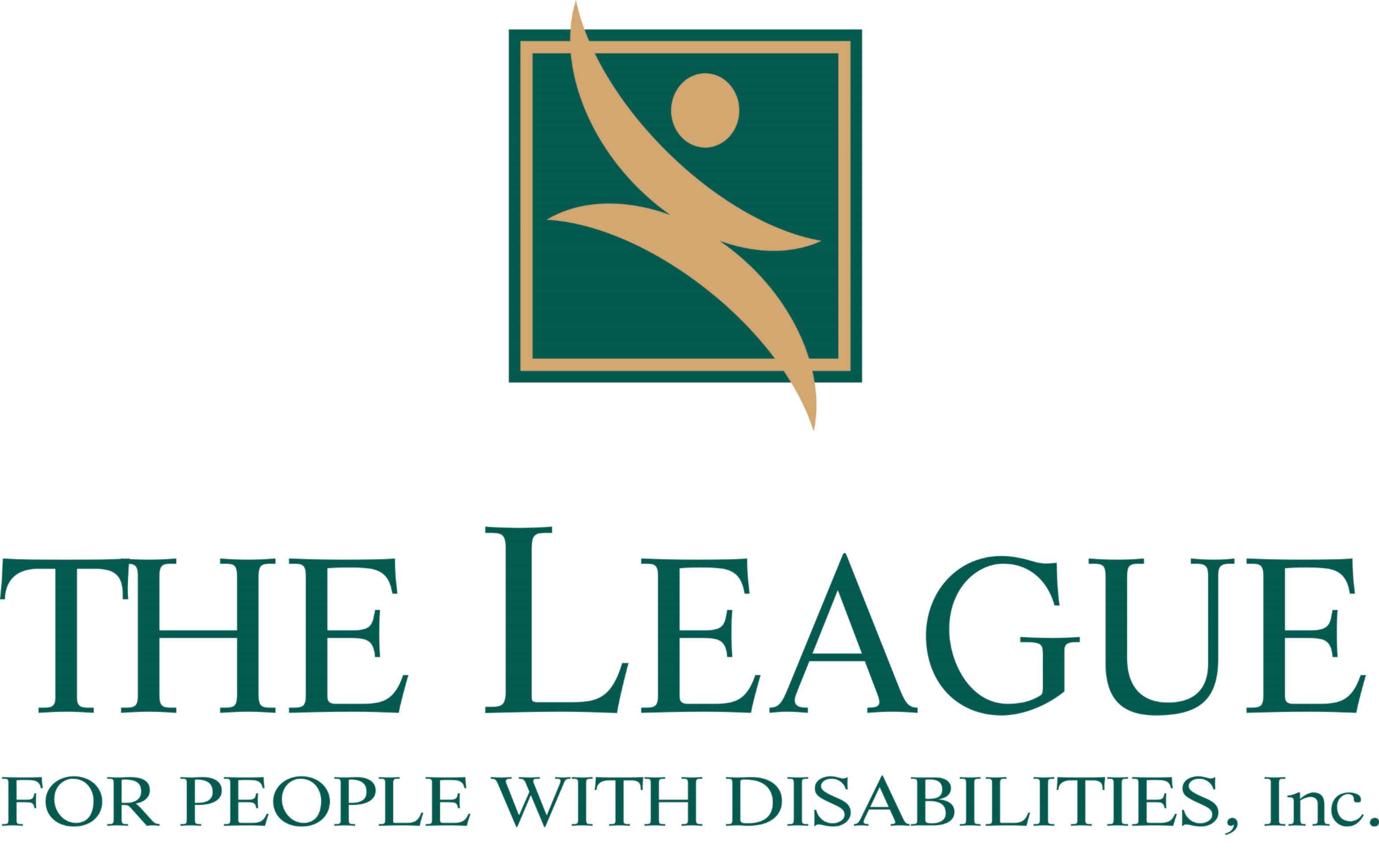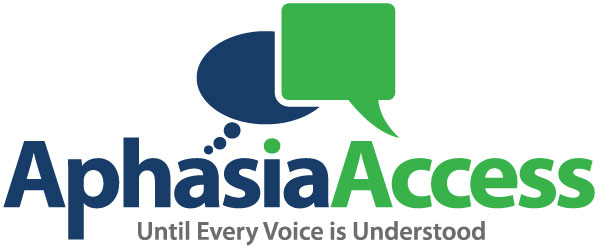|
|
|
"Our community is long overdue for an event that focuses on the entire care team and their role in improving communication access." Darla Hagge PhD, Cal State Sacramento
Barbara Shadden PhD, University of Arkansas 2018 Virtual Conference Co-Chairs |
What is a Virtual Conference? |
|
Learn About All That's In Store on the 15th |
Live Q&A Virtual Exhibit Hall Aphasia Program Showcase Access to Archive for 60 Days |

Just $175 to Get Access to the Archive of All of the Educational Sessions PLUS the Exhibit Hall
(includes CEU's for one participant - CEU's Available During Archive Period)
ASHA and Nursing CEU's Available
Your FacultyAM Session
Darla K. Hagge Ph.D., CCC-SLP Nassrine Noureddine Ed.D., MSN, RN William Ofstad, PharmD, BCPS, CDE PM SessionRochelle Cohen-Schneider, M M.Ed Elyse Shumway, M.A., CCC-SLP
|
The Agenda (all times ET)10:00 - 10:30 AM Registration, Welcome and Get Acclimated Abstract Interprofessional education and collaborative practice are the highest standard of care for healthcare workers. Today’s healthcare professionals must be skilled at successful collaborative communication, ethical practice, understanding professional roles and responsibilities and serving effectively on healthcare teams. One example of interprofessional education and collaborative practice includes providing communication access for all patients. Communication breakdowns between patients and healthcare professionals are frequently exacerbated in the presence of communication disorders, yet this barrier is almost never addressed during discussions of communication mandate. This presentation will discuss interprofessional education and practice, policies related to communication access, the different presentations and severities of communication disorders including aphasia, and suggestions for healthcare teams to maximize patient safety and enhance health outcomes. Learning Objectives: - Increase your understanding of policies and mandates related to the right to communication access in healthcare settings. - Develop a stronger appreciation of the role of the entire healthcare team in providing communicative support. - Be able to identify the four domains of IPE/IPP and healthcare related objectives as they relate to support with people with aphasia and other communication challenges. - Walk away with action steps to improve interprofessional collaboration in support of communication access. 10:30 - 11:30 AM Part One (includes interactive Q&A) Working Together to Create Communication Access: Tools & Strategies Abstract This presentation will focus on communication access, and the centrality of providing accessible health care services to people who 'know more than they can say'. All health care providers need appropriate communication tools to enable them to provide the highest level of service to these patients. Presenters will provide information on basic tools and strategies that can be easily implemented to enable communication access. Learning Objectives: - Define communicative access in healthcare and explain ways they can advocate for communicative access in their work setting. - Summarize the underlying theory and rationale for Supported Conversation for Adults with Aphasia (SCA™) - Identify SCA™ techniques used with individuals with aphasia or other communication disorders. - Use basic Supported Conversation for Adults with Aphasia (SCA™) techniques to enable access to their health care services for people who 'know more than they can say'. 2:00 - 3:00 PM Part One (includes interactive Q&A) Who Should AttendThis virtual conference has been designed with the entire care team in mind. That means it's a great professional development opportunity for speech language pathologists, nurses, case managers, physical therapists, occupational therapists, recreational therapists, aphasia center directors, stroke unit coordinators and more. In the end, this is a conference for anyone passionate about both improving the lives of people with aphasia and addressing the real communication access challenge that is pervasive throughout our healthcare delivery system. What's IncludedThe conference includes access to all virtual elements, from live Q&A sessions to online networking opportunities. You will also have the opportunity to scour the information hub for materials you can use immediately and learn more about the latest products and services in aphasia care by visiting the exhibit hall. Registrants will be able to access these presentations and the materials from the exhibit hall and info hub for up to 60 days after the conference ends - a great reference library that holds the potential to truly impact the direction of aphasia care in all healthcare settings. |
Just $175 to Get Access to the Archive of All of the Educational Sessions PLUS the Exhibit Hall
(includes CEU's for one participant - CEU's Available During Archive Period)
ASHA and Nursing CEU's Available
Project Made Possible with Thanks to:
 |
 |

